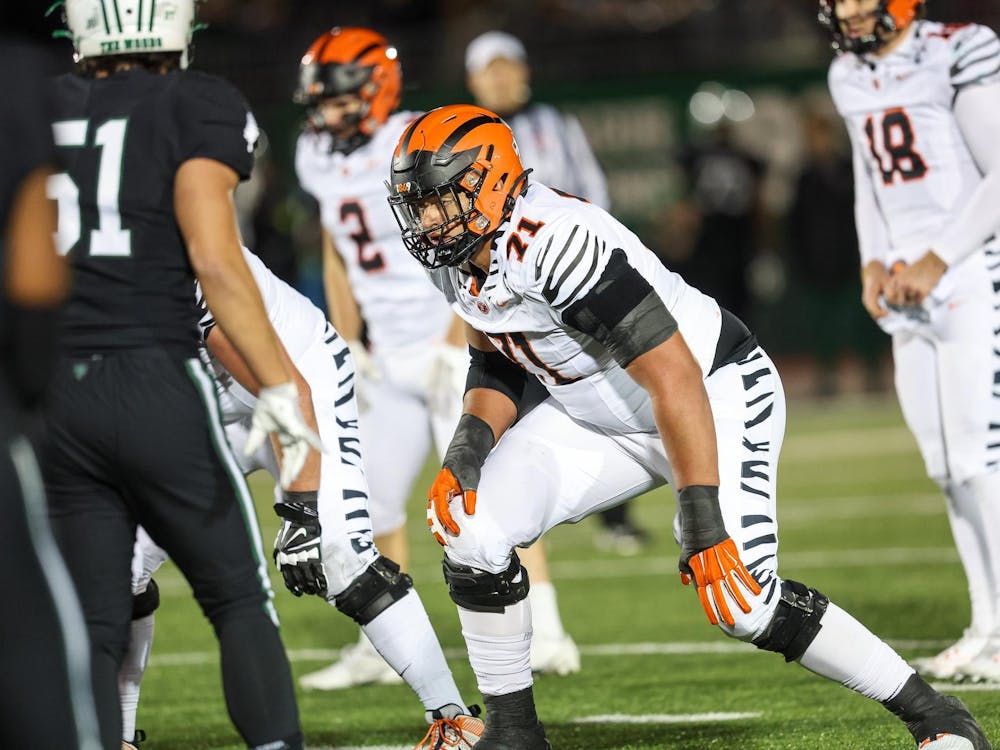Of course, the big winners this offseason were the Tampa Bay Rays, who were able to keep their star players Carl Crawford and Carlos Pena after a long-overdue cap was imposed to prevent rich teams from driving salaries sky-high and snapping up the best players from poorer teams as soon as they reach free agency. Also, talking pigs gave free ice cream to everyone on campus this afternoon, Glenn Beck was rendered capable of coherent speech, and FOX announced the premiere of the fourth season of “Arrested Development.”
Yeah. Right.
No, next year will be an even more powerful display of haves and have-nots, as the Boston Red Sox acquired Carl Crawford (the top position player on the free agent market) and traded for star first baseman Adrian Gonzalez, Pena went to the Chicago Cubs, and the best free-agent pitcher (Cliff Lee) signed with the already pitching-rich Philadelphia Phillies.
To be fair, those three teams aren’t entirely detestable. They’re certainly preferable to the Yankees, and both had frequently been lovable hapless losers before the 21st century. They can’t be faulted for competence, and from a historical perspective, the rotation of Roy Halladay, Cliff Lee, Roy Oswalt and Cole Hamels (the addition of Lee changes the nickname from H2O to R2C2, because if you throw water off a cliff it forms a robot) has a chance to rank among the all-time greats. It is certainly the most formidable collection of star pitchers at least since the Atlanta Braves had Greg Maddux, Tom Glavine and John Smoltz in the mid-1990s. If teams weren’t so obsessed with pitch counts and inning limits these days, I’d even suggest that the Phillies could conceivably go to a four-man rotation and have an outside shot at becoming the first team since the 1971 Baltimore Orioles to have four 20-game winners in a season. But the days of the Phillies and Red Sox being losers are over, and they now join the Yankees at the head of an intractable elite that will effectively compete only with each other for the services of the best free agents, perhaps for some time to come. And that can’t be considered healthy for the sport.
Concern about parity in baseball is not exactly new, but I grow even more concerned because of the example of European soccer, in which a few teams dominate the best leagues and everyone else might as well not even try for the championship. For example, more than half of Spain’s 2010 World Cup squad, and most of the starters, played for either Barcelona or Real Madrid in the 2009-10 season. The best player not on one of those two teams was Valencia’s David Villa, a star striker who was transferred to Barcelona for 40 million euros between the end of the national season and the World Cup. Barcelona and Real Madrid have 25 wins, three draws and two losses between them so far this season (and one of those losses was Barcelona beating Real Madrid). Or consider the English Premier League, which has had only three champions since 1994-95 (Arsenal, Manchester United and Chelsea) and has not been won by anyone outside of the last two since Arsenal’s last victory in 2003-04.
At least MLB hasn’t turned into that quite yet. After all, the San Francisco Giants and the Texas Rangers played for the World Series last year, and small-market teams have been sneaking into the playoffs on a reasonably regular basis over the past years. Really, the teams that suffer most from this state of affairs are the teams that probably won’t make the playoffs no matter how good they are — in this case, the Toronto Blue Jays, Baltimore Orioles and Tampa Bay Rays, also known as “those other teams in the American League East.” In a league in which no more than two teams from one division can possibly make the playoffs, hoping to outduel the Yankees or Red Sox with a payroll half the size is an unfairly daunting, if not necessarily impossible, task. The league has begun considering a proposal in which the playoff structure would be changed to a less divisionally strict format (in which, conceivably, the Yankees, Red Sox and Rays could all make the playoffs), or possibly even expanding the playoffs to six teams from each league. It won’t solve the entire problem, but in a league with no salary cap, it’s at least a start. Now if only the Mets could have a competent organization — nah, I’ve got a better chance of seeing “Arrested Development” come back.







